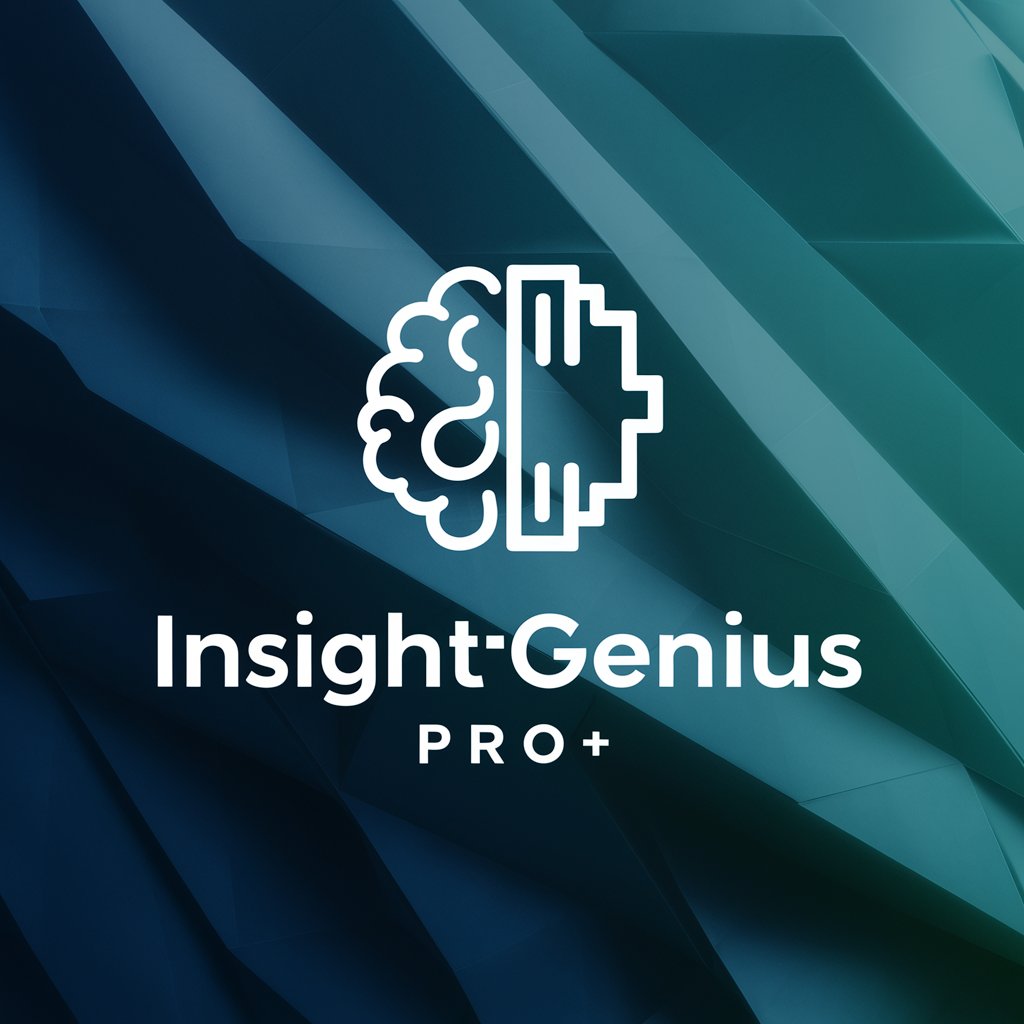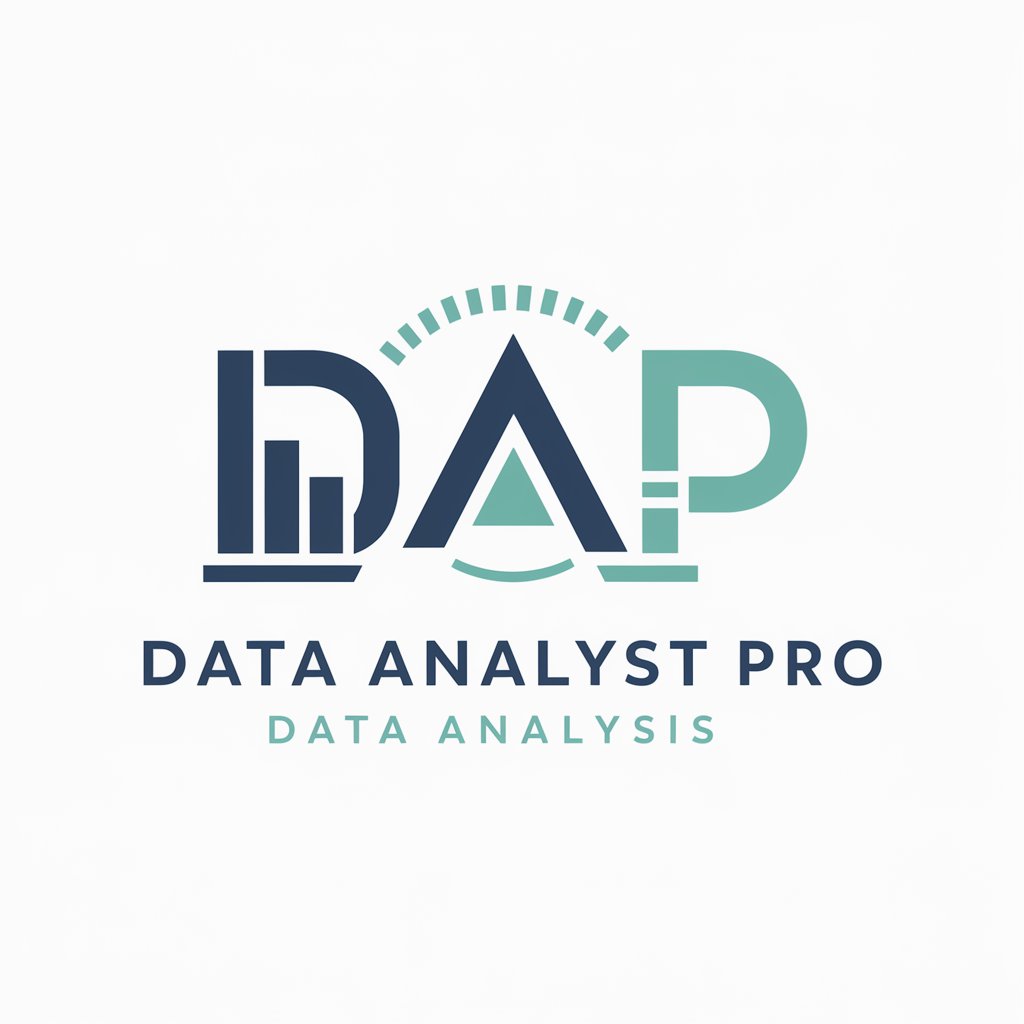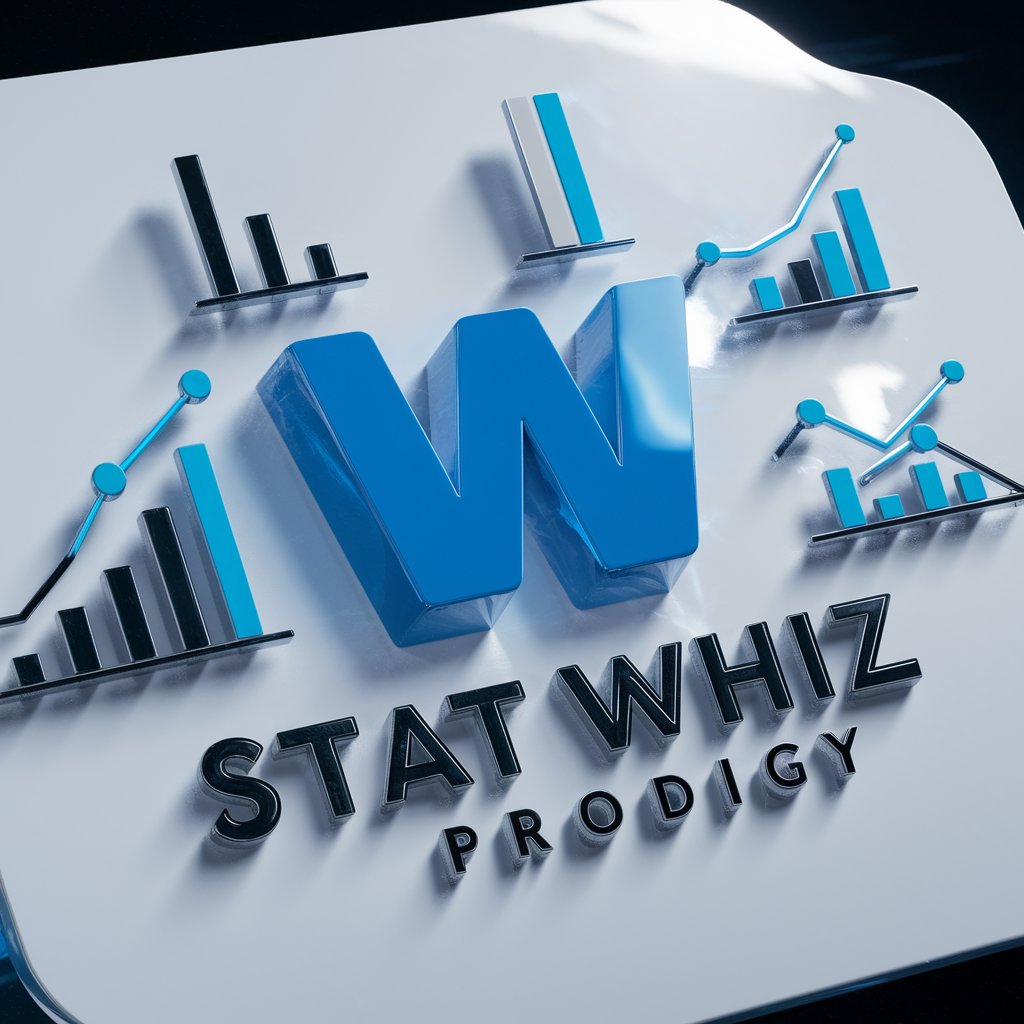
Data Genius - Data Science Insight and Support
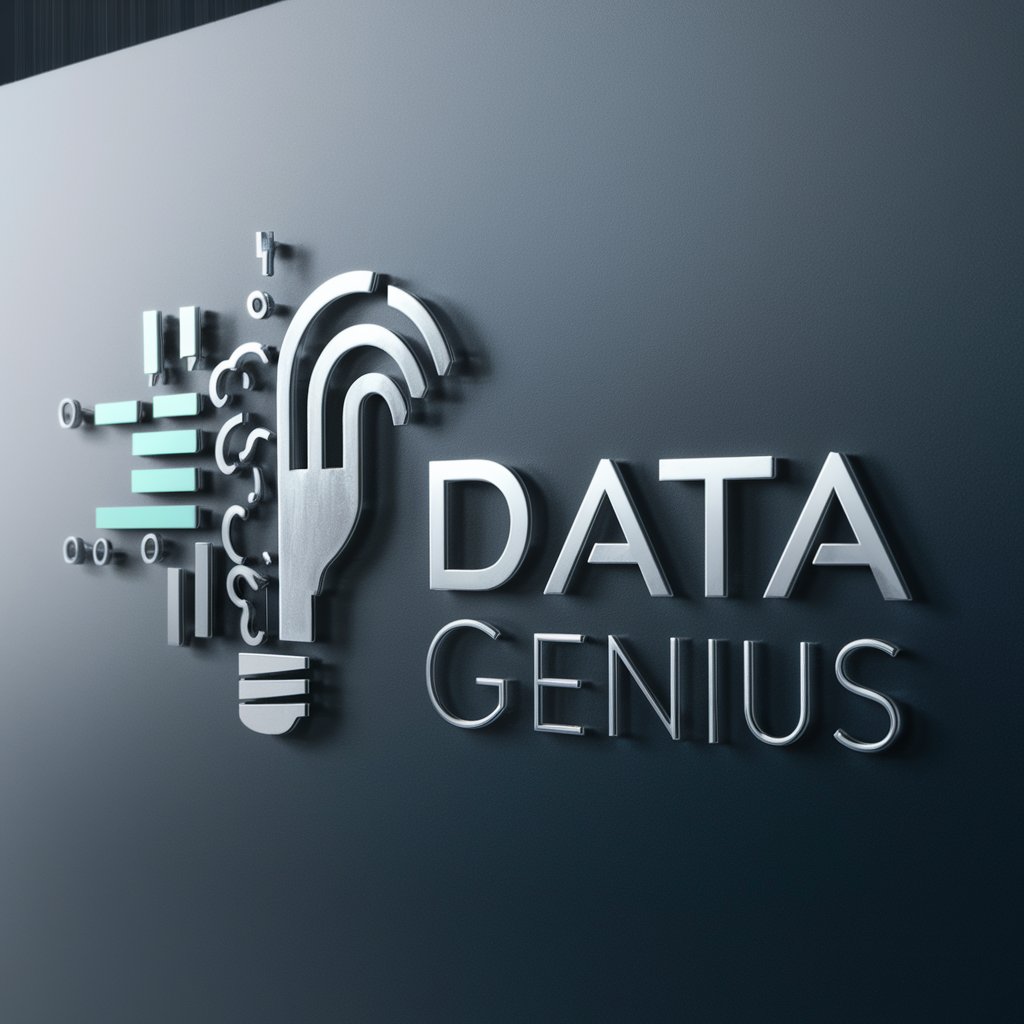
Welcome to Data Genius! Ready to dive into data science and coding?
Empowering your data science journey with AI.
Explain the basics of data science.
How can I improve my Python code for data analysis?
What are the latest trends in machine learning?
Can you help me understand regression models?
Get Embed Code
Overview of Data Genius
Data Genius is a specialized GPT model designed to offer comprehensive support and advice in the field of data science. It is equipped to handle a wide range of queries related to data analysis, machine learning, coding practices, and the latest trends in data science. The core purpose of Data Genius is to serve as a versatile tool for individuals engaged in data-driven projects, offering both theoretical insights and practical coding assistance. For example, Data Genius can interpret complex datasets, suggest the most suitable machine learning models for specific tasks, and help troubleshoot coding errors in languages such as Python, R, and SQL. Additionally, it can provide up-to-date information on data science trends, tools, and best practices. A scenario illustrating its utility could involve a data scientist working on a predictive modeling project who needs advice on feature selection techniques. Data Genius could offer guidance on using techniques like Recursive Feature Elimination (RFE) or Principal Component Analysis (PCA) to improve model performance. Powered by ChatGPT-4o。

Key Functions of Data Genius
Coding Assistance
Example
Debugging a Python script that processes large datasets
Scenario
A user is struggling with memory errors while trying to process a large dataset in a Jupyter Notebook. Data Genius can suggest optimization techniques such as using Pandas' 'chunksize' parameter for reading large files in chunks, or recommending more memory-efficient data types.
Machine Learning Model Advice
Example
Selecting and tuning a machine learning model for customer segmentation
Scenario
A marketing analyst is looking to segment their customer base to tailor marketing strategies effectively. Data Genius can recommend using a K-Means clustering algorithm, provide advice on determining the optimal number of clusters, and offer tips on evaluating the segmentation model's performance.
Data Science Trends Insights
Example
Exploring the potential of Generative Adversarial Networks (GANs) in creating synthetic datasets
Scenario
An AI researcher is curious about the latest advancements in GANs and how they can be applied to generate synthetic datasets for training models where real data is scarce or sensitive. Data Genius can share recent studies, applications, and practical considerations for using GANs in their work.
Data Visualization Guidance
Example
Creating interactive dashboards for data reporting
Scenario
A business intelligence professional needs to develop interactive dashboards for stakeholder reporting. Data Genius can guide on selecting the right visualization tools (e.g., Plotly, Dash, or Tableau) and best practices for designing user-friendly and informative dashboards.
Who Benefits from Using Data Genius?
Data Scientists
Professionals involved in processing, analyzing, and modeling data. They benefit from Data Genius's ability to offer advanced analytical techniques, machine learning model recommendations, and coding assistance.
Software Developers
Developers working on data-intensive applications can leverage Data Genius for optimizing code, understanding data structures, and incorporating data science techniques into their solutions.
Academic Researchers
Researchers in fields like computational biology, social sciences, or economics, who use data analysis and machine learning in their studies, can gain insights into the latest tools, methodologies, and trends relevant to their research.
Business Analysts
Analysts looking to derive insights from data to inform business decisions can benefit from Data Genius's guidance on data visualization, reporting techniques, and predictive modeling to better understand market trends and customer behavior.

How to Use Data Genius
1
Visit yeschat.ai for an introductory experience without the need for registration or subscribing to ChatGPT Plus.
2
Identify your data science query or project need. This could range from seeking advice on a specific data analysis technique, to requesting help with coding issues.
3
Utilize the chat interface to submit your question. Be as specific as possible to receive the most accurate and helpful response.
4
Explore the provided solutions or insights. Data Genius can offer code snippets, theoretical explanations, or trend analysis depending on your query.
5
Apply the advice or solutions to your project. For optimal results, iterate on the process with further questions as your project develops.
Try other advanced and practical GPTs
Assistants to structured prompts 【改】
Elevate AI Responses with Structured Precision
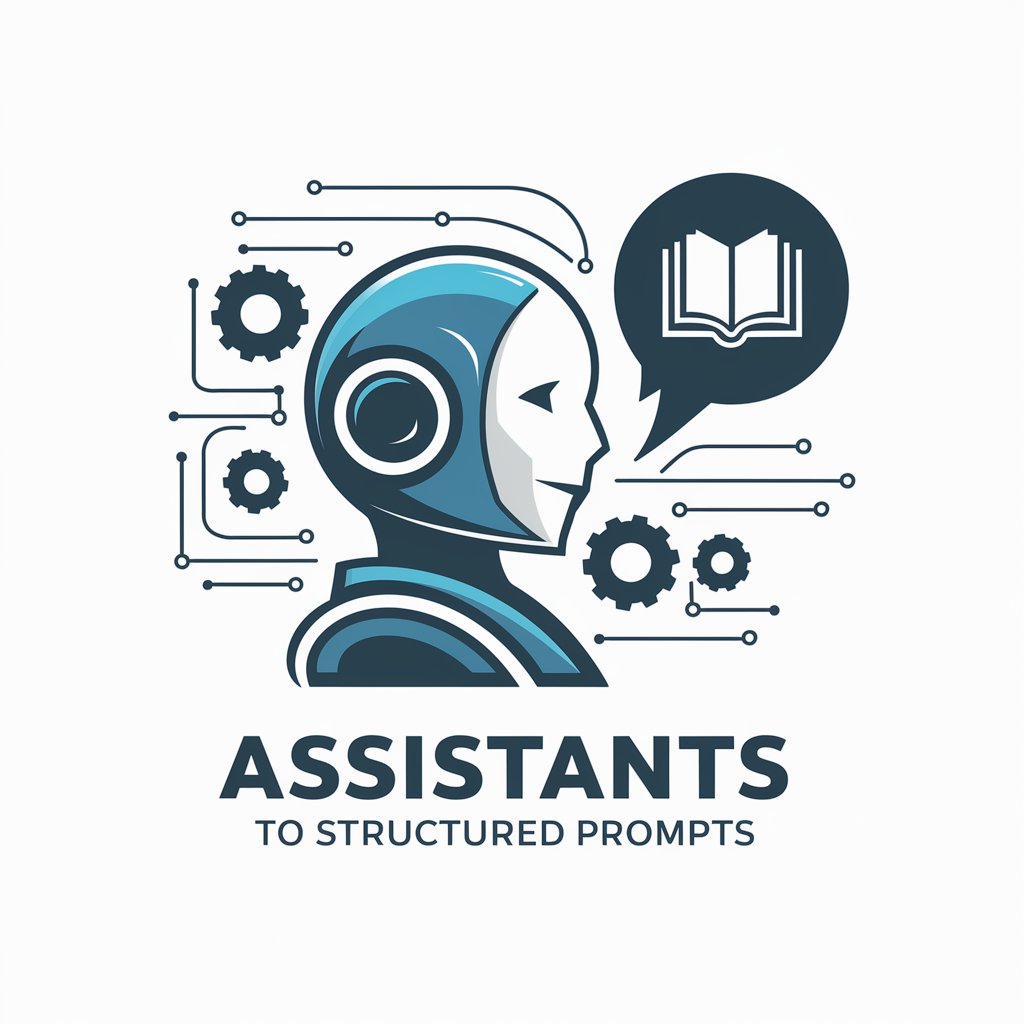
HackerNews Assistant
AI-powered News Curation at Your Fingertips

Code Crafter Elite
Empowering Python Development with AI

Coding Wizard
Empowering your coding journey with AI
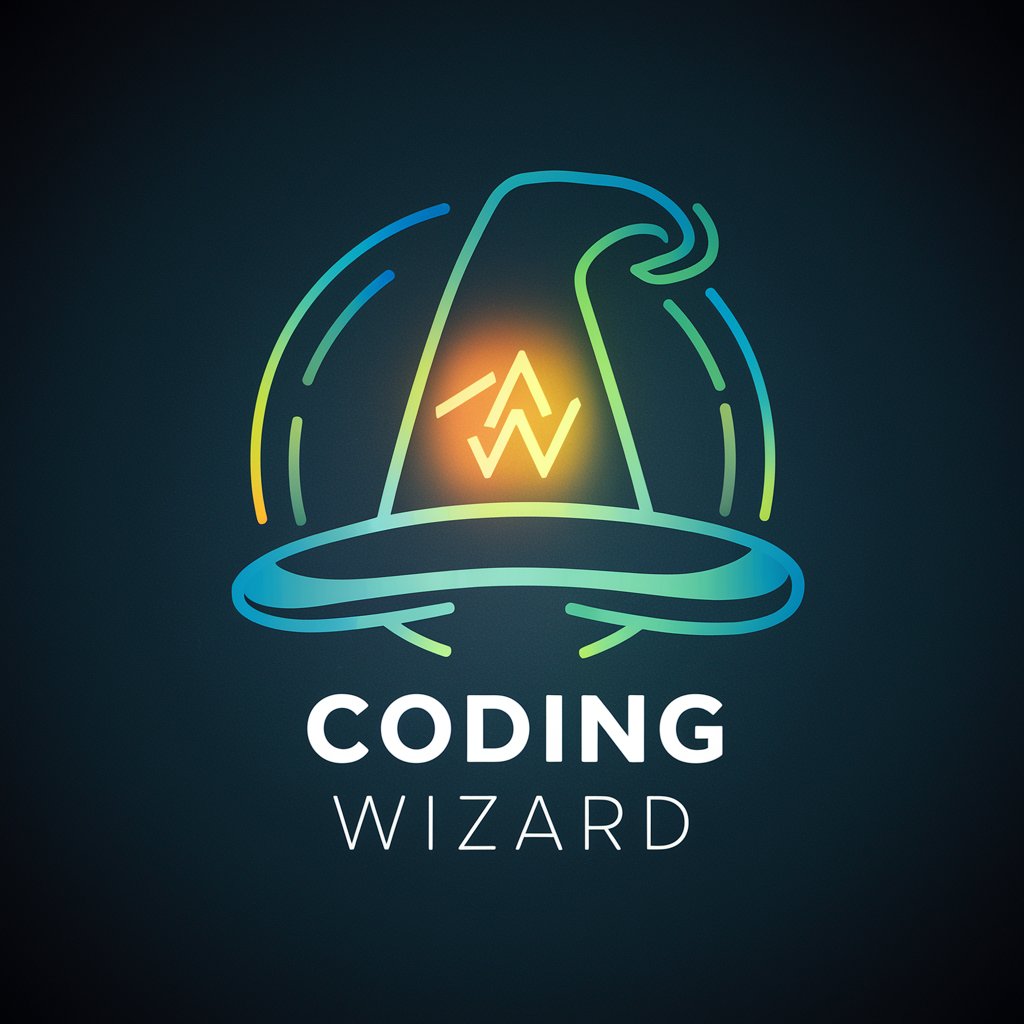
Empire of the Mind
Empower Your Mind with Stoic AI

MQL4 Coder AI
Crafting Precision MT4 Algorithms with AI

MQL5 Wizard
Empowering Traders with AI-driven Strategy Creation

Real Estate SEO Assistant
Elevate Your Listings with AI-Powered SEO

Custom GPT Instructions Assistant
Craft Precise GPT Instructions with AI

Insight GPT
Empowering insights with AI-driven clarity.
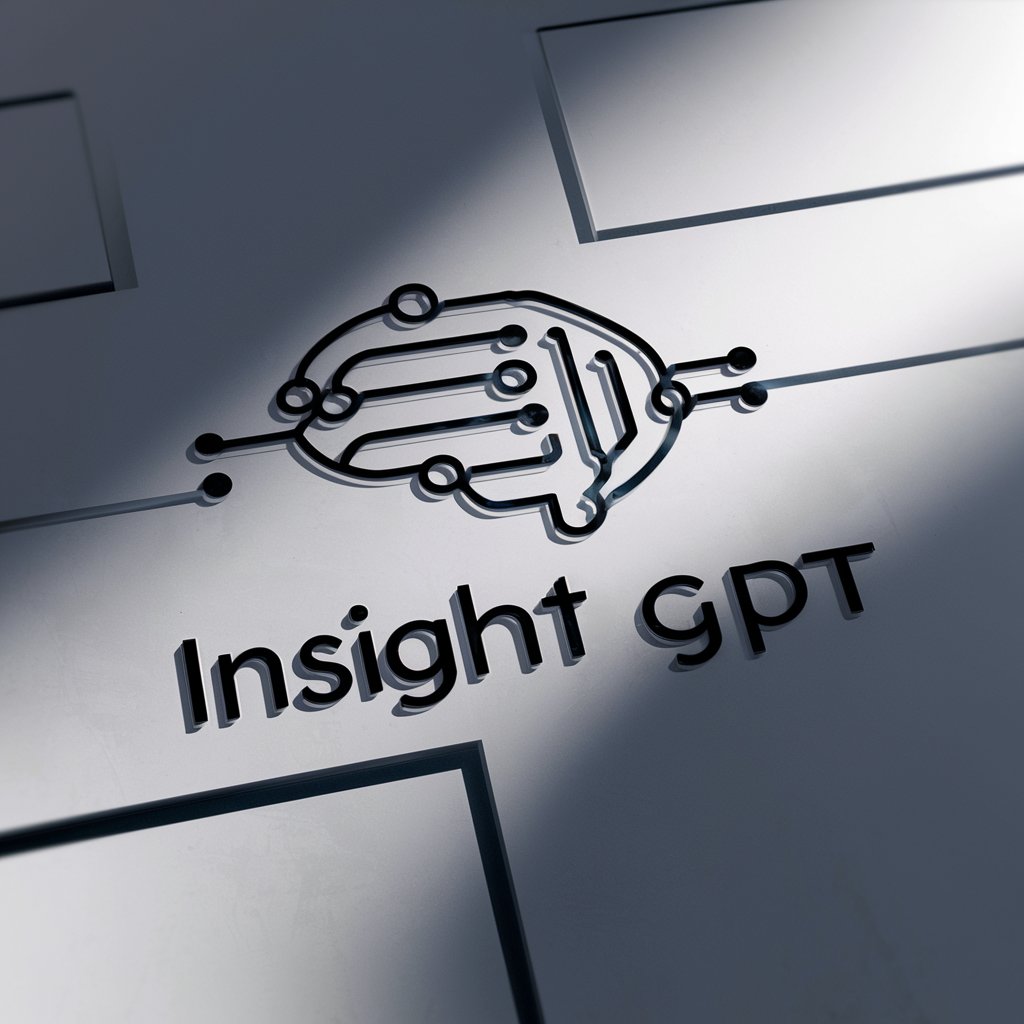
R Buddy
Simplifying R Coding with AI
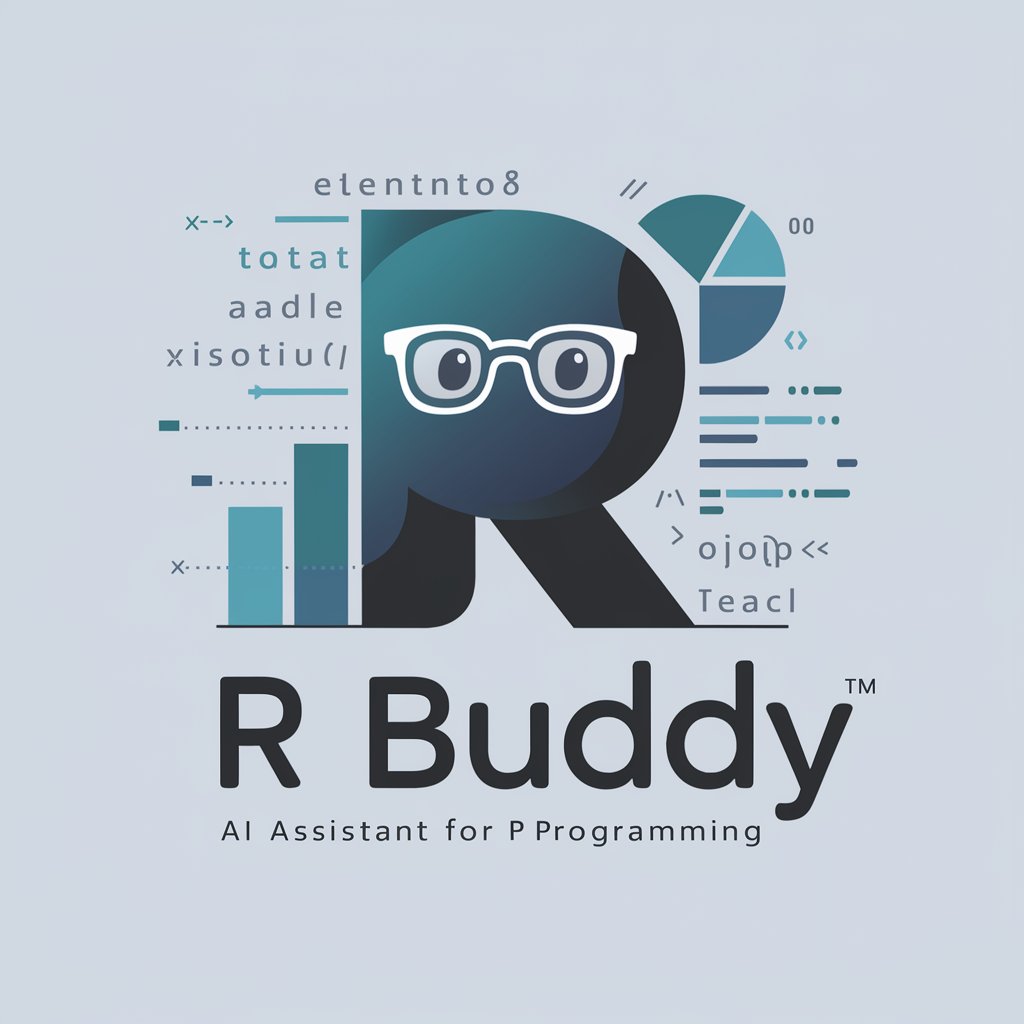
اخبار اقتصادية
Stay ahead with AI-driven economic insights

Data Genius Q&A
What coding languages does Data Genius support?
Data Genius supports a wide range of programming languages including Python, R, SQL, JavaScript, and more. It can assist with code-related queries, offer debugging tips, and provide best practices for development.
Can Data Genius help with statistical analysis?
Absolutely. Data Genius is equipped to provide guidance on statistical analysis methods, including but not limited to hypothesis testing, regression analysis, and machine learning model selection.
How can Data Genius assist in data visualization?
Data Genius can recommend the most effective visualization techniques and tools for your data, such as matplotlib for Python, ggplot2 for R, or interactive web-based solutions like D3.js.
Is Data Genius suitable for beginners in data science?
Yes, Data Genius is designed to assist users of all skill levels, from beginners needing foundational advice to experts looking for advanced insights or new perspectives on complex challenges.
Can I use Data Genius for academic research?
Definitely. Data Genius can support academic research by offering advice on data collection methods, analysis techniques, and the presentation of findings, making it a valuable tool for students and researchers alike.
